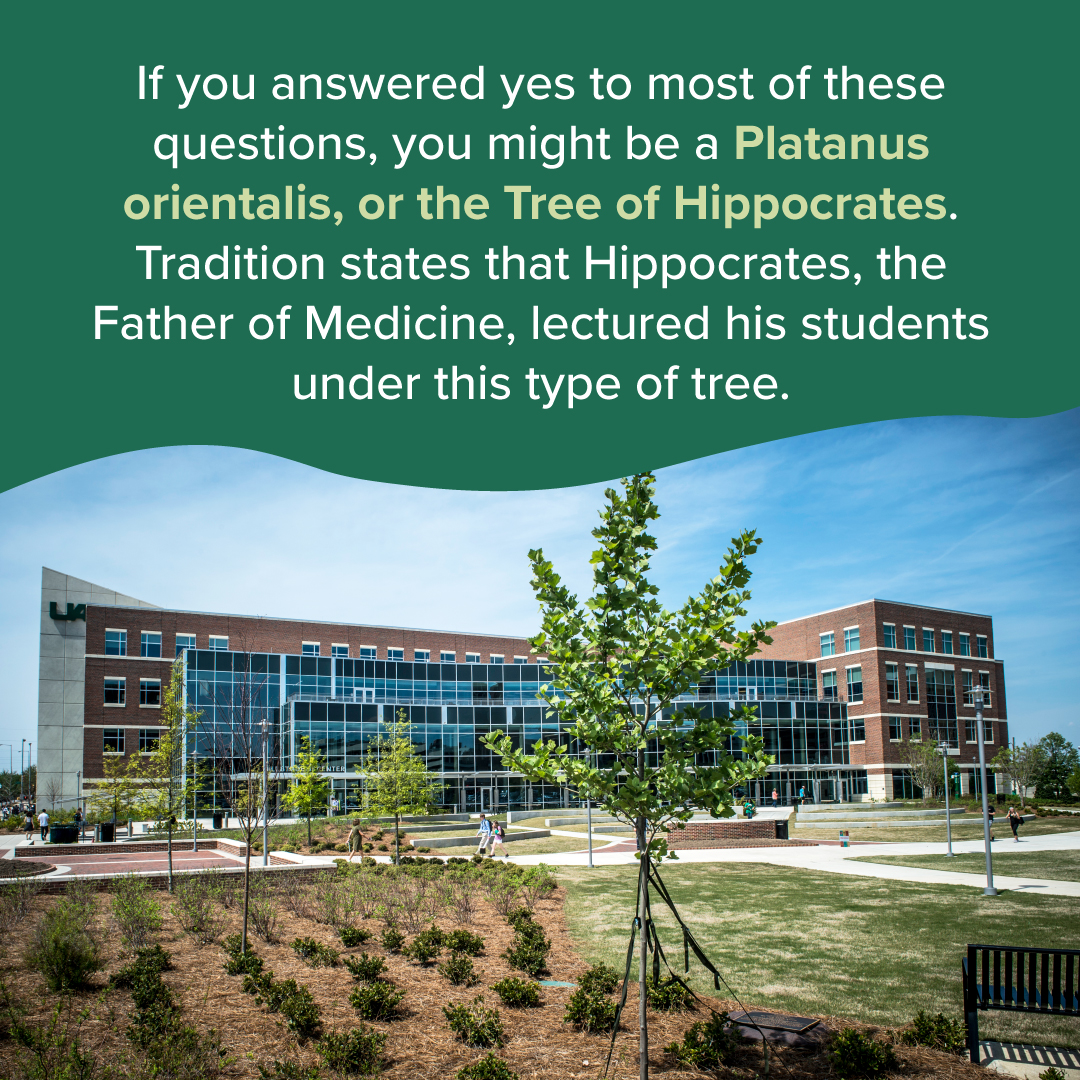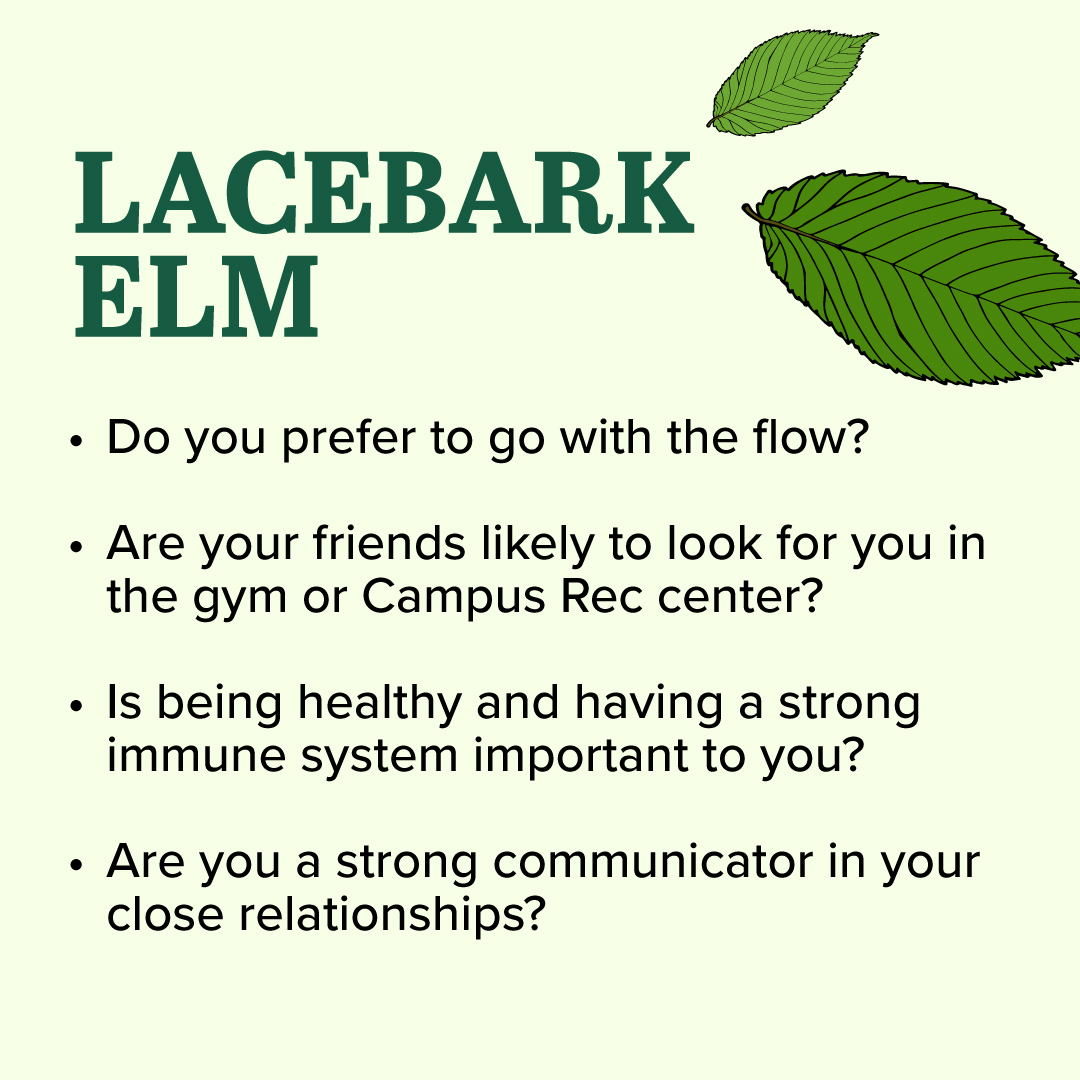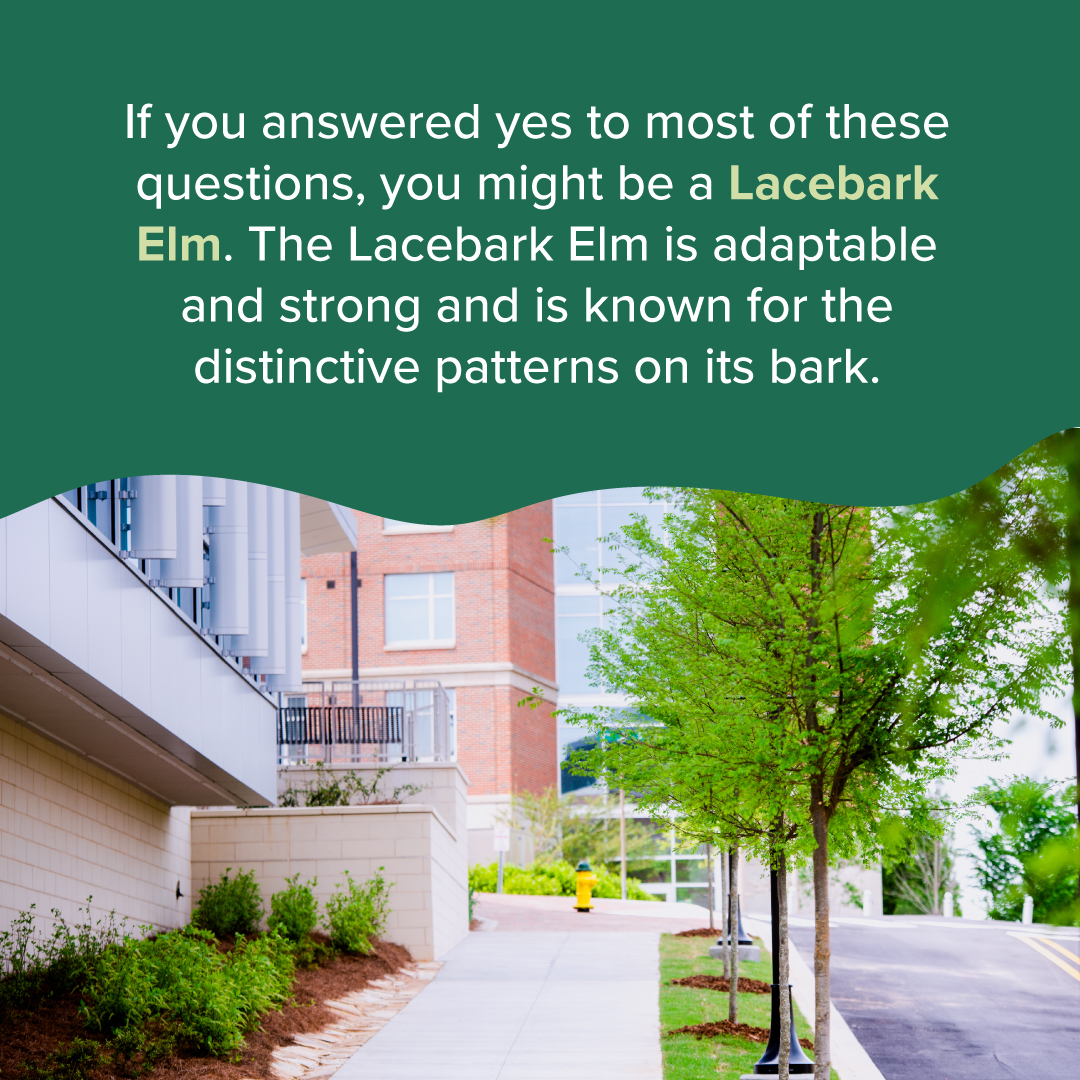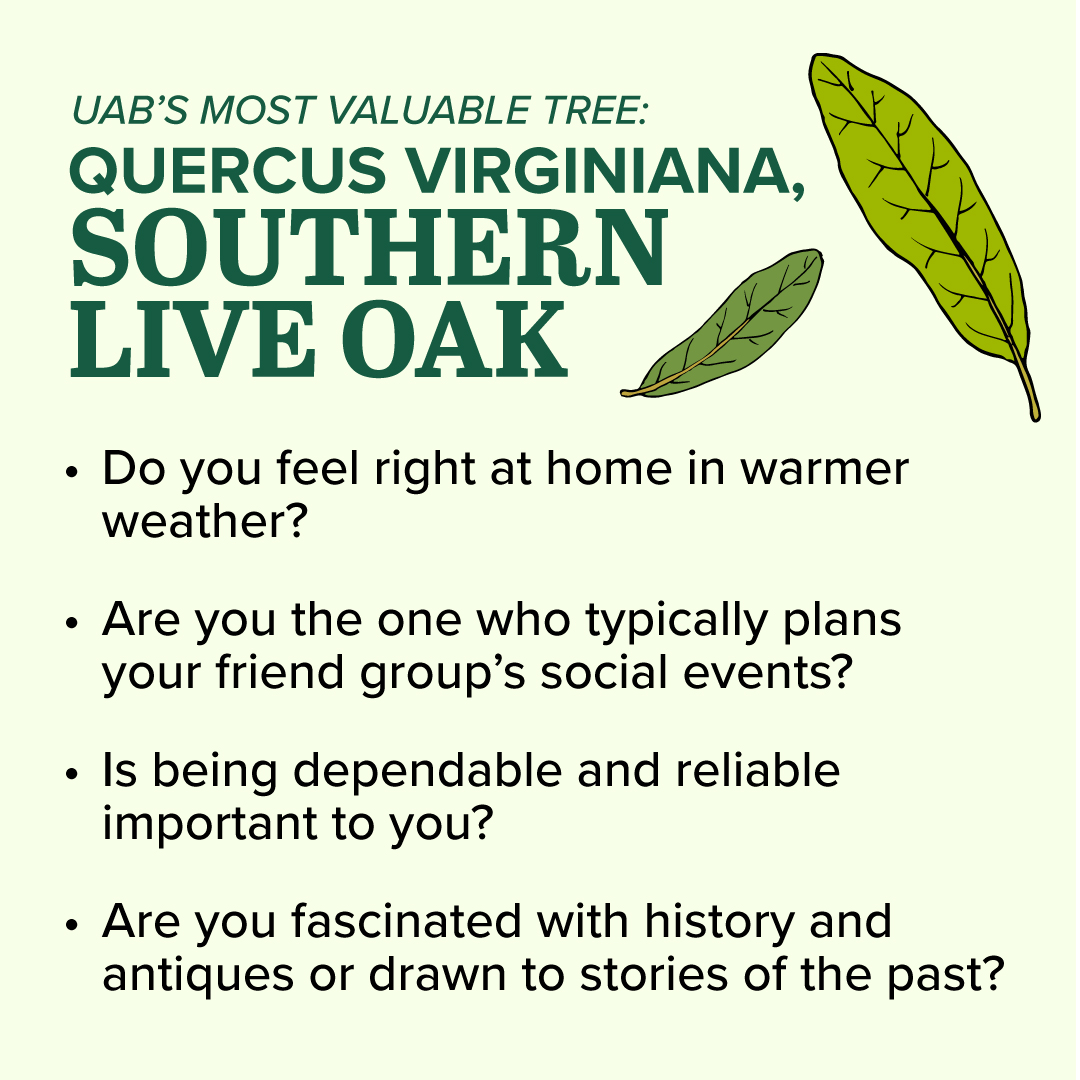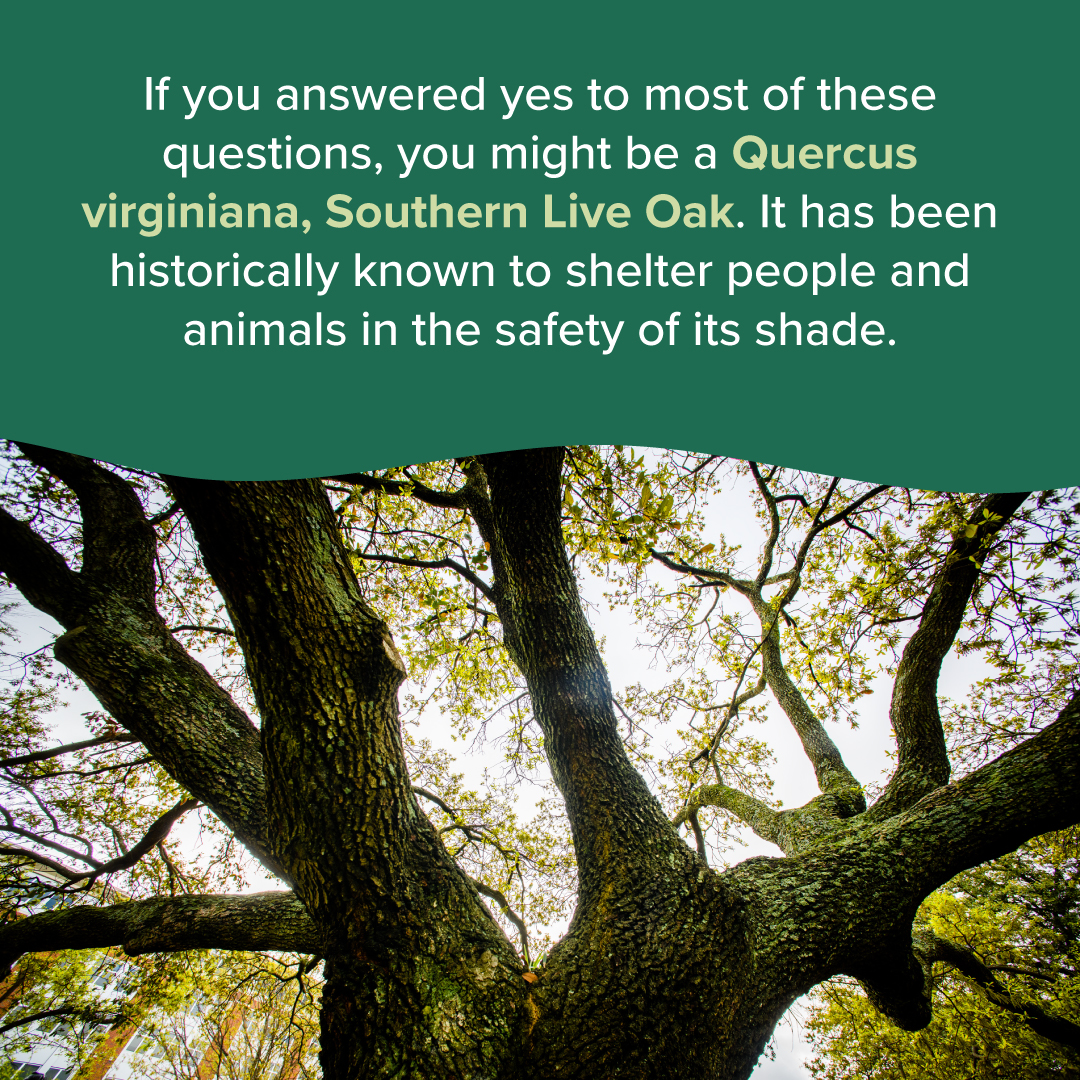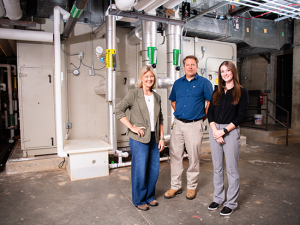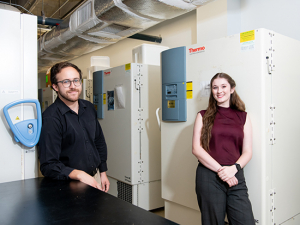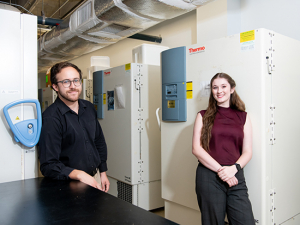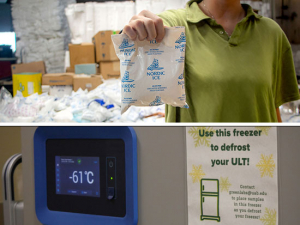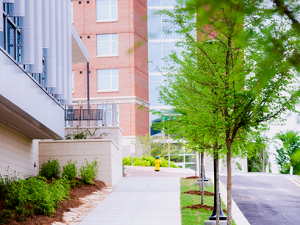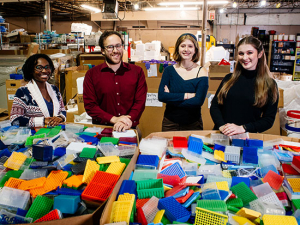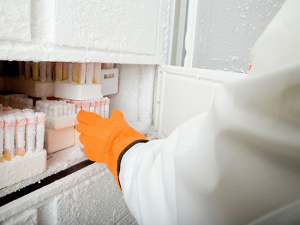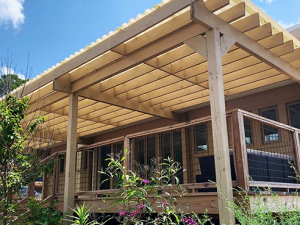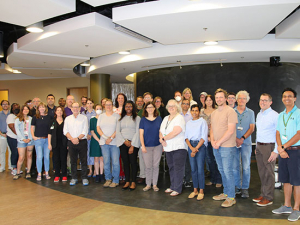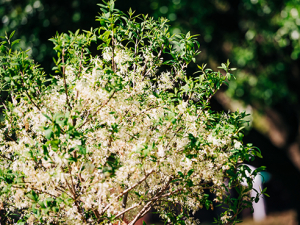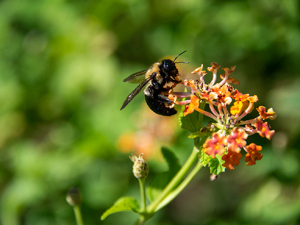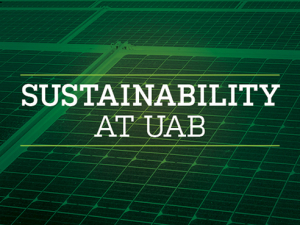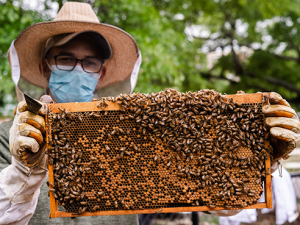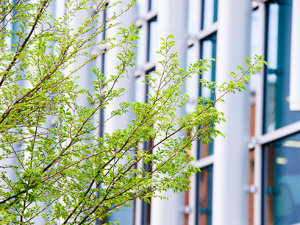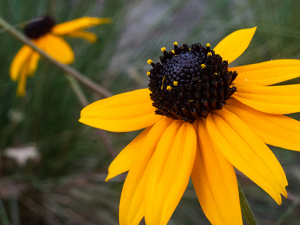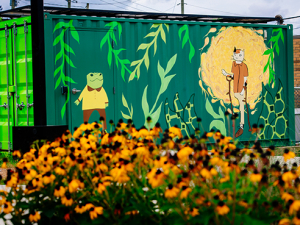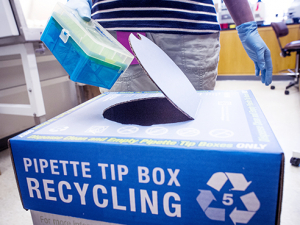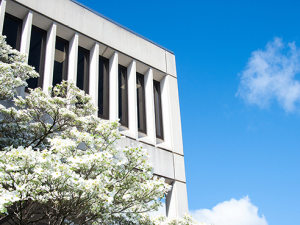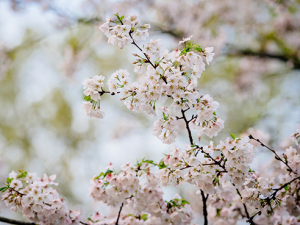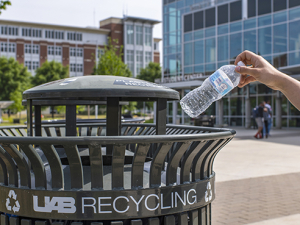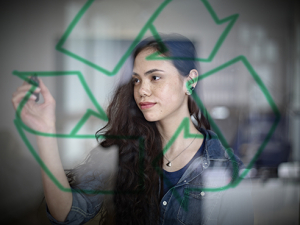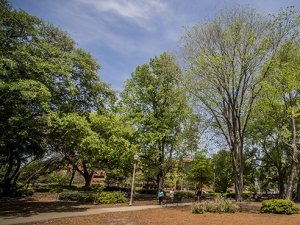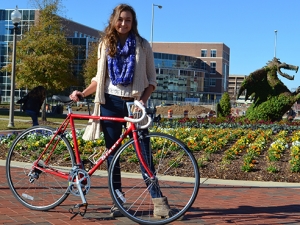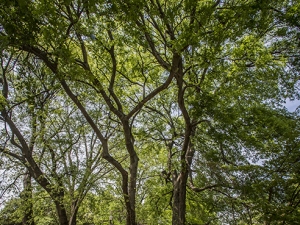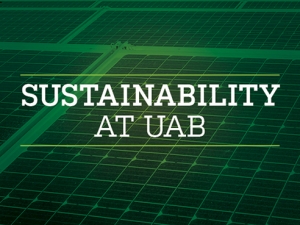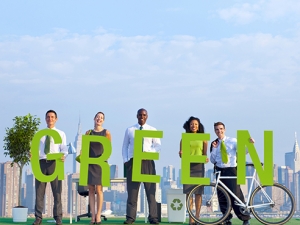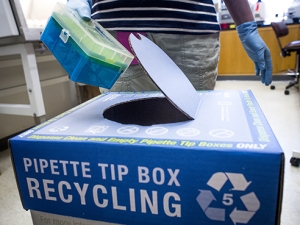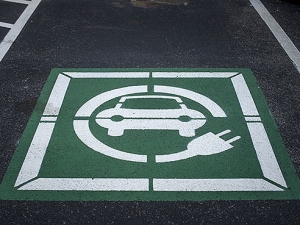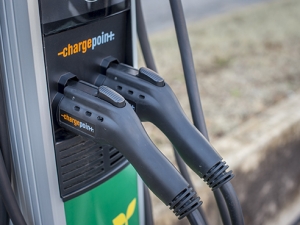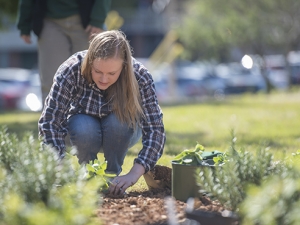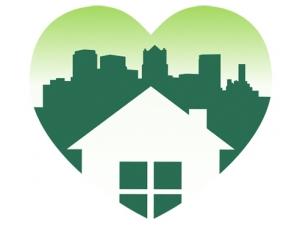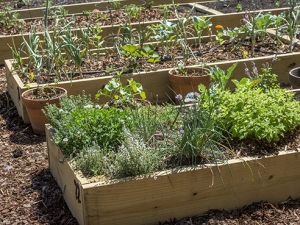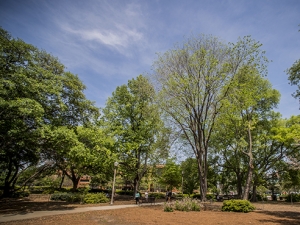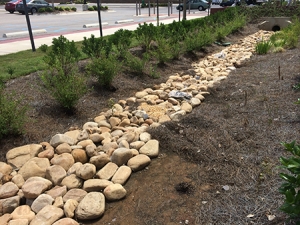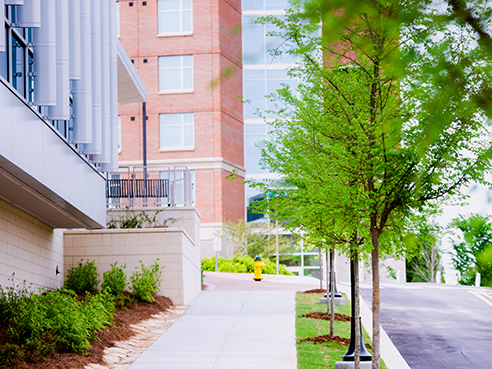 LEXI COON / University Relations
LEXI COON / University Relations
For the ninth year, UAB is recognized by the National Arbor Day Foundation as a Tree Campus USA for its work to nurture more than 4,400 healthy trees and engage students and employees in conservation.
UAB also was honored for the fourth time with a Tree Campus Healthcare designation, which recognizes health institutions that make a mission-aligned impact on community wellness through tree education, investment and community engagement.
“On an urban campus such as UAB’s, which sprawls across the entirety of Birmingham’s Southside, it can be easy to overlook green spaces,” said Bambi Ingram, manager of UAB Sustainability. “But one of UAB’s most important commitments to its shared value of stewardship is its significant tree population, which provides our campus and city multiple environmental and health benefits, from lowering air temperatures and reducing soil erosion to filtering pollutants such as ozone, carbon monoxide and sulfur dioxide from the air we breathe.”
UAB is dedicated to preserving tree growth on campus, while accommodating campus construction. The UAB Facilities Division created a process to evaluate the trees and estimate the value of their contributions to the campus ecosystem; if a tree or group of trees must be removed during construction, new trees that provide similar contributions must be planted at the site or the equivalent dollar amount added to the Lynne and Tim Sullivan Tree Fund, renamed in 2020 for retired UAB Facilities employee Tim Sullivan and his wife, Lynne. The Tree Fund supports the management of UAB’s urban forest.
Going green
| “One of UAB’s most important commitments to its shared value of stewardship is its significant tree population, which provides our campus and city multiple environmental and health benefits.” |
Can you really put a dollar value on a tree? Yes, Ingram says. As part of an inventory of UAB’s 4,400-plus trees, each one was assessed for value, based on age and location, and there are costs you would have to bear if trees weren’t here to do the work for you. For example, throughout the course of 50 years, a single tree can generate $31,250 worth of air pollution control, recycle $38,000 worth of water and provide $31,500 worth of soil erosion-control. UAB’s trees have provided $125 million worth of air-pollution control and $126 million in soil-erosion control and have recycled at least $152 million worth of water.
In fall 2022, students from UHP 179, 279 and 379, an interdisciplinary course in public health taught by Mike Sloane, Ph.D., within the Honors College’s University Honors Program, worked to update the tree inventory, cataloguing nearly 70% of UAB’s current tree population. UAB Facilities will continue working to update the record and upload it into a mapping system.
UAB was first designated a Tree Campus USA in 2015 for its accomplishments in 2014; the certification must be renewed annually.



